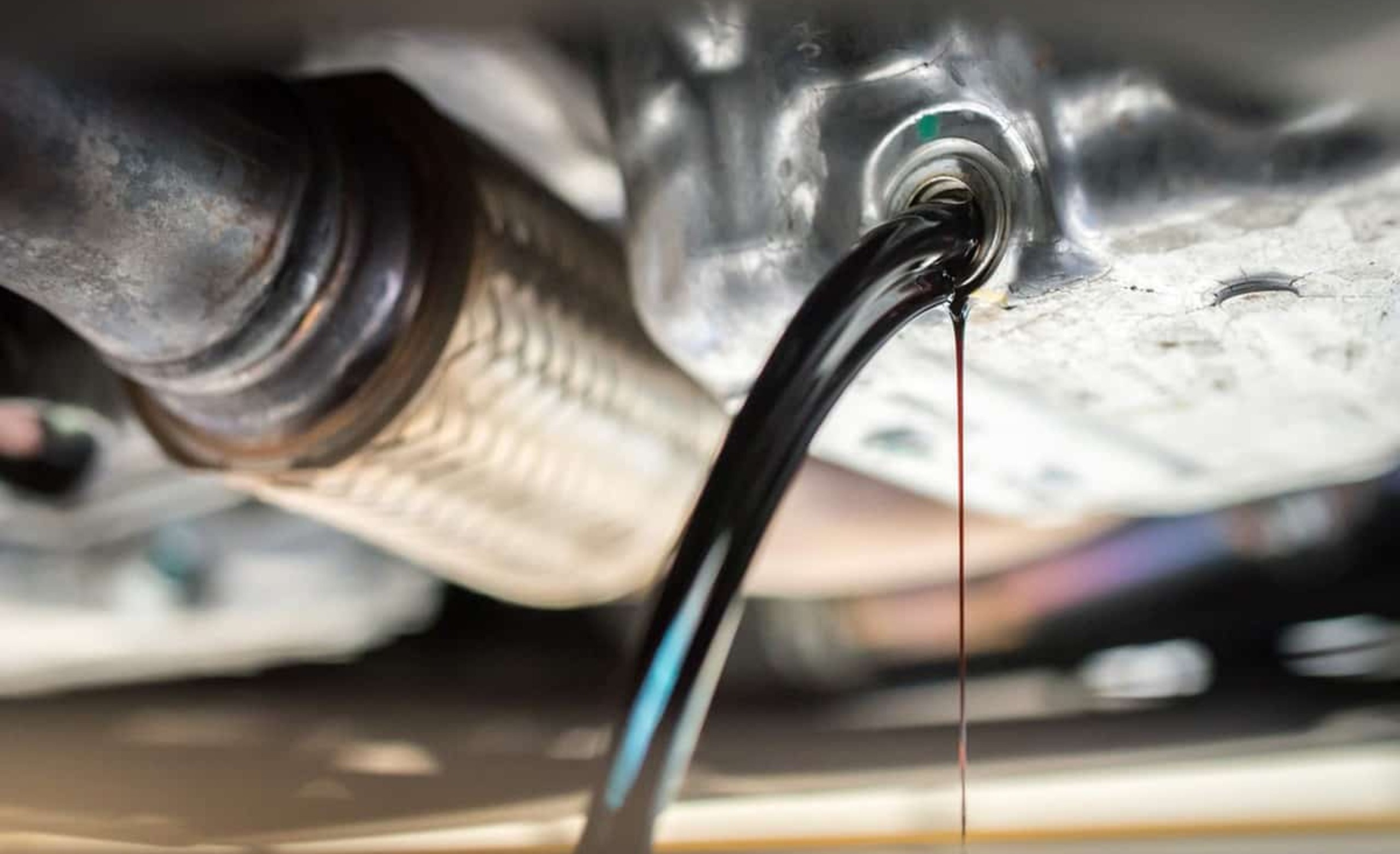
Uses For Old Engine Oil
Welcome to our ultimate guide on uses for old engine oil. Have you ever wondered what to do with that old engine oil sitting in your garage? Many people simply toss it aside, unaware of the environmental impact. Oil waste is a growing concern, as improperly disposed of oil can contaminate soil and water sources.
But before you think about dumping it down the drain or into the trash, consider this: old engine oil has plenty of potential uses that can benefit both you and the environment. Let’s explore how recycling and reusing this resourceful substance not only helps reduce waste but also provides practical solutions around your home and garden. You might be surprised at just how versatile old engine oil can be!
Recycling and Reusing Old Engine Oil
Old engine oil is often seen as waste, but it holds potential far beyond disposal. Many people don’t realize that recycling and reusing this valuable resource can significantly benefit both the environment and their wallets.
When old oil is recycled, it’s processed to remove impurities. This allows it to be reused in various applications, such as creating new lubricants or even fuel products. By choosing recycling over dumping, you contribute to reducing pollution and conserving natural resources.
Reusing old engine oil also opens up a world of creative possibilities at home. Instead of tossing it out, consider its alternative applications around your property. With just a little ingenuity, you can find numerous ways to extend the life of this material while doing your part for sustainability.
Benefits of Recycling Old Engine Oil
Recycling old engine oil offers significant environmental benefits. It reduces the amount of hazardous waste ending up in landfills and waterways. By recycling, we help prevent soil and water contamination that can harm wildlife.
Additionally, recycled oil conserves natural resources. Producing new motor oil from recycled materials uses less energy compared to refining crude oil. This process also diminishes carbon emissions associated with traditional production methods.
Moreover, using recycled engine oil supports a circular economy. It creates jobs in the recycling industry while promoting sustainable practices within communities. It’s an economical choice for many users. Recycled engine oils are often more affordable without compromising quality or performance standards expected by consumers and businesses alike.
3 Creative Ways to Use Old Engine Oil
Old engine oil can be surprisingly versatile. There are many ways to re-purpose old engine oil so we are only going to focus on the top 3. Let’s take a closer look:
#1. As a Lubricant for Squeaky Hinges or Tools
Squeaky hinges can be incredibly annoying. They disrupt peace and signal that something needs attention. Old engine oil comes to the rescue.
A few drops can work wonders on those stubborn creaks. Simply apply it directly to the hinge or tool, and watch as the noise fades away. The oil seeps into every crack, providing lasting lubrication.
Not only is this an effective solution, but it also repurposes old oil that might otherwise go to waste. It’s a win-win situation for your home and the environment.
Using old engine oil in this way prolongs the life of your tools too. Regular maintenance keeps them functioning smoothly, saving you money in repairs or replacements down the line. So next time you’re faced with a squeak, reach for that bottle of old engine oil instead of buying new products!
#2. To Protect Wooden Furniture from Weather Damage
Wooden furniture is beautiful but vulnerable to the elements. Sunlight, rain, and humidity can cause it to warp or fade over time. Old engine oil can be an effective solution for protecting your prized pieces.
Applying a thin layer of used engine oil creates a barrier against moisture and UV rays. This makes it harder for water to penetrate the wood while also reducing sun damage.
Before you start, make sure the surface is clean and dry. Use a soft cloth or brush to apply the oil evenly. It’s best to work in small sections, allowing each part to absorb before moving on.
This method enhances the wood’s natural grain and gives it a subtle sheen without harmful chemicals. Regular maintenance using old engine oil will keep your furniture looking great season after season.
#3. As a Conditioner for Leather Products
Old engine oil can work wonders for leather products. Its natural oils help moisturize and condition the leather, keeping it supple and preventing cracks.
When applied sparingly, used engine oil penetrates deep into the fibers. This not only enhances flexibility but also adds a bit of shine. It’s a cost-effective way to breathe new life into worn-out items like jackets, bags, or even shoes.
To use it effectively, simply dab a clean cloth in the oil. Gently rub it onto the leather surface in circular motions. Let it sit for a while before buffing away any excess with another soft cloth.
However, always do a patch test first on an inconspicuous area to ensure compatibility with your specific type of leather. Whether it’s restoring an old favorite or maintaining something new, old engine oil serves as an unconventional yet effective conditioner for all your leather goods.
Safety Precautions When Handling Old Engine Oil
When dealing with old engine oil, safety should be a top priority. Always wear protective gloves to shield your skin from potential irritation and harmful chemicals. Consider using goggles or a face mask as well. Splashes can occur, and it’s best to protect your eyes and respiratory system from any fumes or particles.
Ensure you work in a well-ventilated area. Proper airflow reduces the concentration of any hazardous vapors that may arise during handling. It’s also wise to keep this material away from open flames or sparks. Engine oil is flammable, so maintaining safe distances is crucial.
Store old engine oil in sealed containers specifically designed for hazardous waste. This helps prevent leaks and ensures safe disposal when you’re ready to recycle it properly.
Alternatives to Consider Instead of Dumping Old Engine Oil
When it comes to disposing of old engine oil, there are several environmentally friendly alternatives worth considering. One option is taking your used oil to a local recycling center. Many facilities specialize in processing motor oil and can ensure it’s handled correctly.
Another alternative is seeking out businesses that recycle or repurpose old oil. Some automotive shops may accept used oil for their own purposes, creating a win-win situation. If you enjoy DIY projects, think about using the oil creatively around your home or garden.
It can act as an effective rust protector for tools and outdoor furniture when applied properly. Look into community collection events often organized by municipalities. These events provide safe disposal methods while promoting awareness about responsible waste management practices.
Conclusion
Old engine oil isn’t just waste; it can be a valuable resource when approached creatively. By recycling and reusing old engine oil, you contribute to environmental preservation and reduce potential hazards associated with improper disposal.
The benefits of recycling old engine oil are substantial. It not only minimizes pollution but also conserves energy by reducing the need for new oil production. Moreover, using old engine oil in unique ways helps you save money on products that serve similar purposes.
Utilizing old engine oil as a lubricant for squeaky hinges or tools is an easy way to prolong their life while ensuring smooth operation. Protecting wooden furniture from weather damage gives your items added longevity without needing expensive sealants, and conditioning leather products can revive aged materials beautifully.
When handling used engine oil, safety can’t be overlooked. Always wear gloves and goggles to protect your skin and eyes from any harmful substances present in the oil.
For those reluctant to reuse or recycle their old motor fluid, there are alternatives worth exploring like donating it to local businesses that specialize in maintenance or taking it directly to recycling facilities equipped for proper treatment.
Finding innovative uses for leftover engine oil opens up possibilities beyond disposal options while keeping our environment cleaner and more sustainable.



